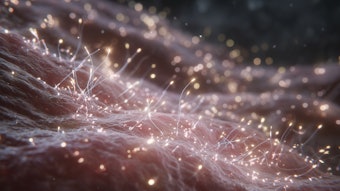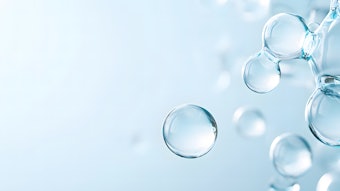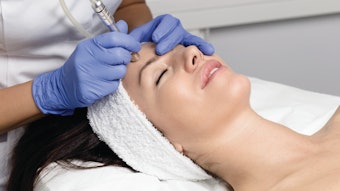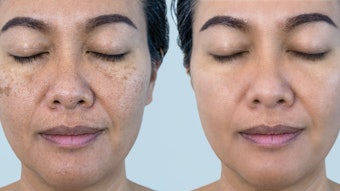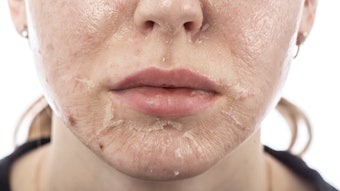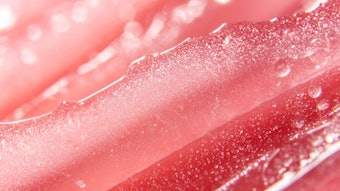
Researchers at the University of Michigan have undertaken a comprehensive study that shows positive results for anti-aging treatments that focus on rebuilding and replenishing collagen.
The research team has published a report in the current issue of Archives of Dermatology highlighting the effects that collagen collapse has on the aging process. Likewise, the report highlights how several treatments developed during the past 10 years or so have shown the potential to help prevent this collapse of collagen that leads to wrinkles.
Report draws on extensive research
The team from the University's Department of Dermatology that includes Gary Fisher, PhD; John Voohees, MD; and James Varani, PhD, has drawn on a wealth of research in this area, mainly carried out by the university since the early 1990s. It focuses on three treatments in particular--topical retinoic acid, carbon dioxide laser resurfacing and injections of cross-linked hyaluronic acid.
The report highlights how fibroplasts--collagen-making cells--are a key supporting substance necessary for youthful-looking and resilient skin.
An easy fix
Likewise, it also points to the fact that the collagen treatments that have been outlined provide a much more straightforward solution to fix than, for example, genetic factors.
"Fibroplasts are not genetically shot," said Voorhees. "We have shown that if you make more collagen go in, it provides an environment in which fibroplasts recover and make more collagen."
The report highlights two specific research projects carried out by the university back in 2007, one on the dermal filler Retstylane, and the other on lotions containing retinol A.
Previous studies confirm efficacy
The report confirms that these collagen-enhancing treatments both helped to reduce visible signs of wrinkling thanks to the stimulation of new collagen production.
The team concludes that collagen-enhancing anti-aging treatments can provide a definite means of preventing collagen depletion, which usually starts when individuals are in their late 20s.
"Treatments that stimulate production of new, nonfragmented collagen should provide substantial improvement to the appearance and health of aged skin," the article in the Archives of Dermatology confirms.
CosmeticsDesign.com, May 29, 2008

